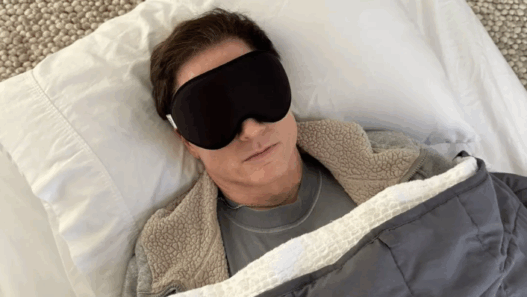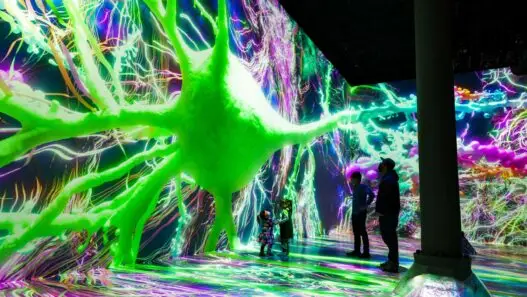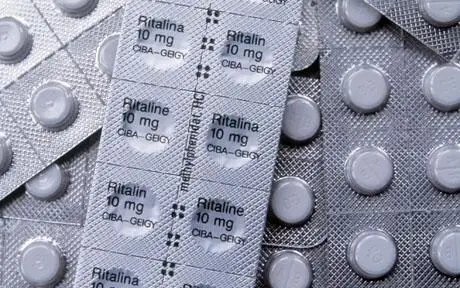LSD (Lysergic Acid Diethylamide) is one of the most potent psychedelics known to science, active in doses as small as 100 micrograms (µg). But with its powerful effects, one important question remains:
Can you overdose on LSD?
While LSD is not considered lethally toxic, taking extremely high doses can lead to serious psychological distress, dangerous behavior, and rare medical complications. Let’s break down what happens when you take too much LSD and whether a fatal overdose is possible.
1. Can LSD Kill You? Understanding Toxicity Levels
Unlike opioids, alcohol, or stimulants, LSD does not depress the central nervous system in a way that causes fatal overdose.
🔹 Lethal dose (LD50) in animals: Around 12,000–60,000 µg/kg in mice (Nichols, 2016).
🔹 Estimated human lethal dose: Between 500,000–1,000,000 µg (0.5–1 gram), which is thousands of times the normal recreational dose.
🔹 No known cases of LSD causing death from toxicity alone (Passie et al., 2008).
✅ Conclusion: It is virtually impossible to die from LSD toxicity alone.
💡 Analogy: LSD is like a nuclear-powered flashlight—small amounts create a massive effect, but it doesn’t work by shutting down your body like a poison.
2. What Happens If You Take Too Much LSD?
While LSD overdose is rarely fatal, high doses (above 1,000 µg or 1 milligram) can lead to severe psychological and physical effects.
🔹 Psychological Effects of LSD Overdose
Taking an extremely high dose can result in:
✔ Severe hallucinations – Intense, looping thoughts and reality distortions.
✔ Ego death or psychosis – Loss of sense of self, paranoia, or delusions.
✔ Panic attacks and anxiety – Feeling trapped in the experience.
✔ HPPD (Hallucinogen Persisting Perception Disorder) – Flashbacks and lingering visual distortions (Halpern & Pope, 2003).
💡 Case Study: In 2015, a woman accidentally took 550 times the normal dose of LSD (55 mg instead of 100 µg). Instead of dying, she temporarily lost her ability to speak but recovered fully after 12 hours (Tófoli & de Araujo, 2016).
🔹 Physical Effects of LSD Overdose
Although LSD is not physically toxic, in rare cases, massive doses have led to:
✔ Hyperthermia (overheating) – Excessive serotonin activation can lead to dangerously high body temperature.
✔ Seizures or tremors – High doses can affect motor control.
✔ Heart complications – LSD can increase heart rate and blood pressure (Passie et al., 2008).
✔ Risk-taking behavior – Jumping off buildings or running into traffic due to hallucinations.
💡 Analogy: A high LSD dose is like turning up the volume on reality to an unbearable level—it won’t kill you directly, but it can cause serious harm if you panic or lose control.
3. Can LSD Interact With Other Drugs?
While LSD itself is low-risk in terms of physical overdose, mixing it with other substances can be dangerous.
🔹 LSD + Stimulants (Cocaine, MDMA, Amphetamines): Increases heart rate and blood pressure, raising the risk of heart attack or stroke.
🔹 LSD + Depressants (Alcohol, Benzos, Opiates): Can cause unpredictable interactions, leading to blackouts or disorientation.
🔹 LSD + Antipsychotics: Can blunt or cancel the effects, potentially leading to a confused, unpleasant state.
💡 Fact: Some people accidentally mix LSD with NBOMe compounds, which are highly toxic and can cause seizures or death (Hill & Thomas, 2011).
4. How to Stay Safe When Using LSD
While LSD is not physically toxic, it is still a powerful psychedelic that should be respected. Here’s how to minimize risk:
✔ Start with a low dose (50–100 µg) if inexperienced.
✔ Use in a safe environment with a trusted trip sitter.
✔ Avoid LSD if you have a history of psychosis or schizophrenia.
✔ Stay hydrated and avoid mixing with alcohol or other drugs.
✔ If experiencing a bad trip, breathe deeply, stay calm, and change your surroundings.
💡 Trip-Killer Tip: If someone is having a panic attack on LSD, giving 100 mg of niacin (Vitamin B3) may help reduce the effects by promoting serotonin balance (Grof, 1975).
Final Verdict: Can You Overdose on LSD?
You cannot die from LSD toxicity alone, but taking extremely high doses can lead to dangerous psychological and physical side effects.
✅ No recorded deaths from direct LSD toxicity.
✅ Massive doses can cause extreme hallucinations, paranoia, or risky behavior.
✅ Combining LSD with other substances increases risk.
💡 Final Thought: LSD is powerful but not inherently deadly. The biggest danger isn’t the drug itself—it’s what happens when people lose control of their perception of reality.






















